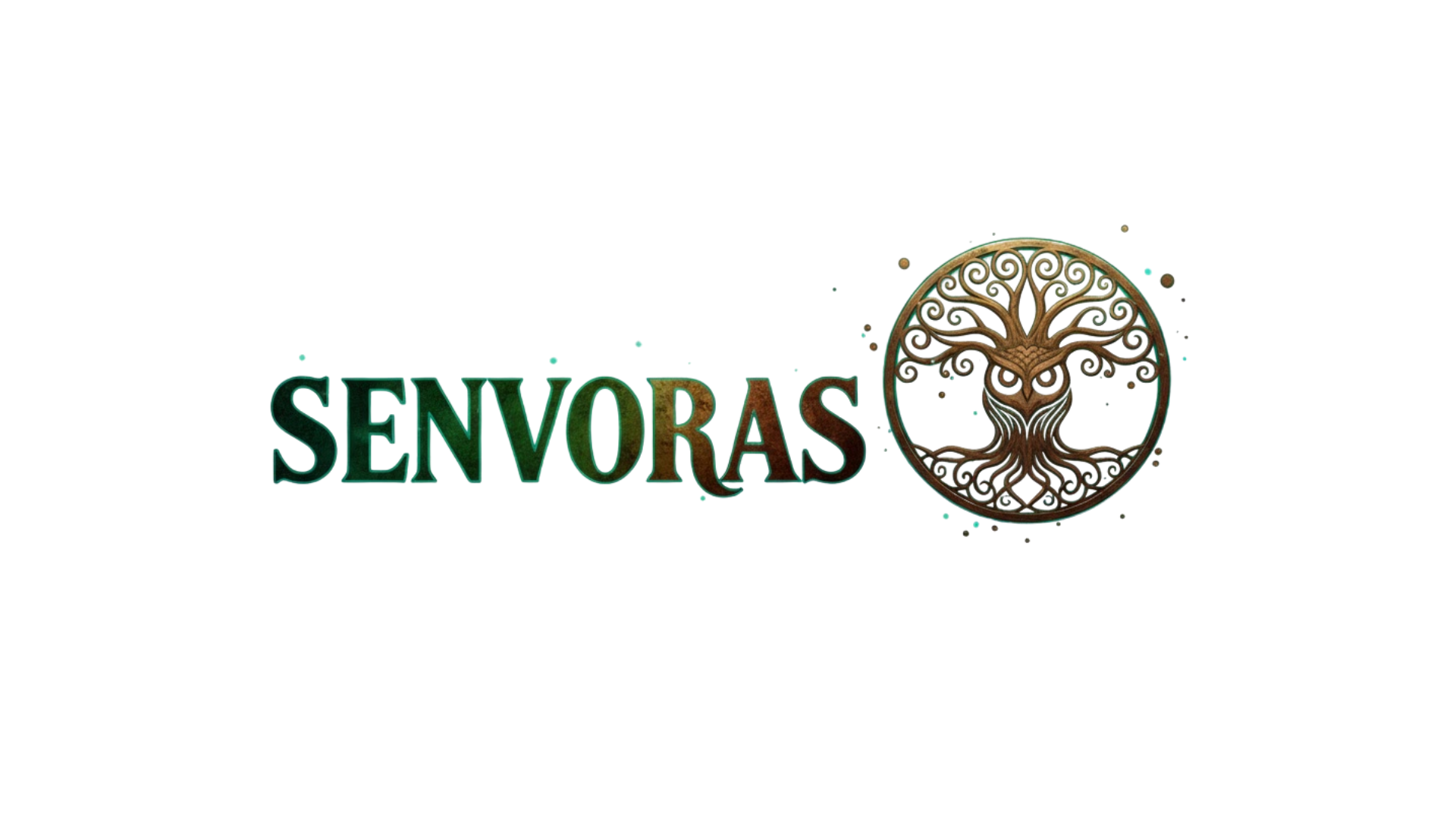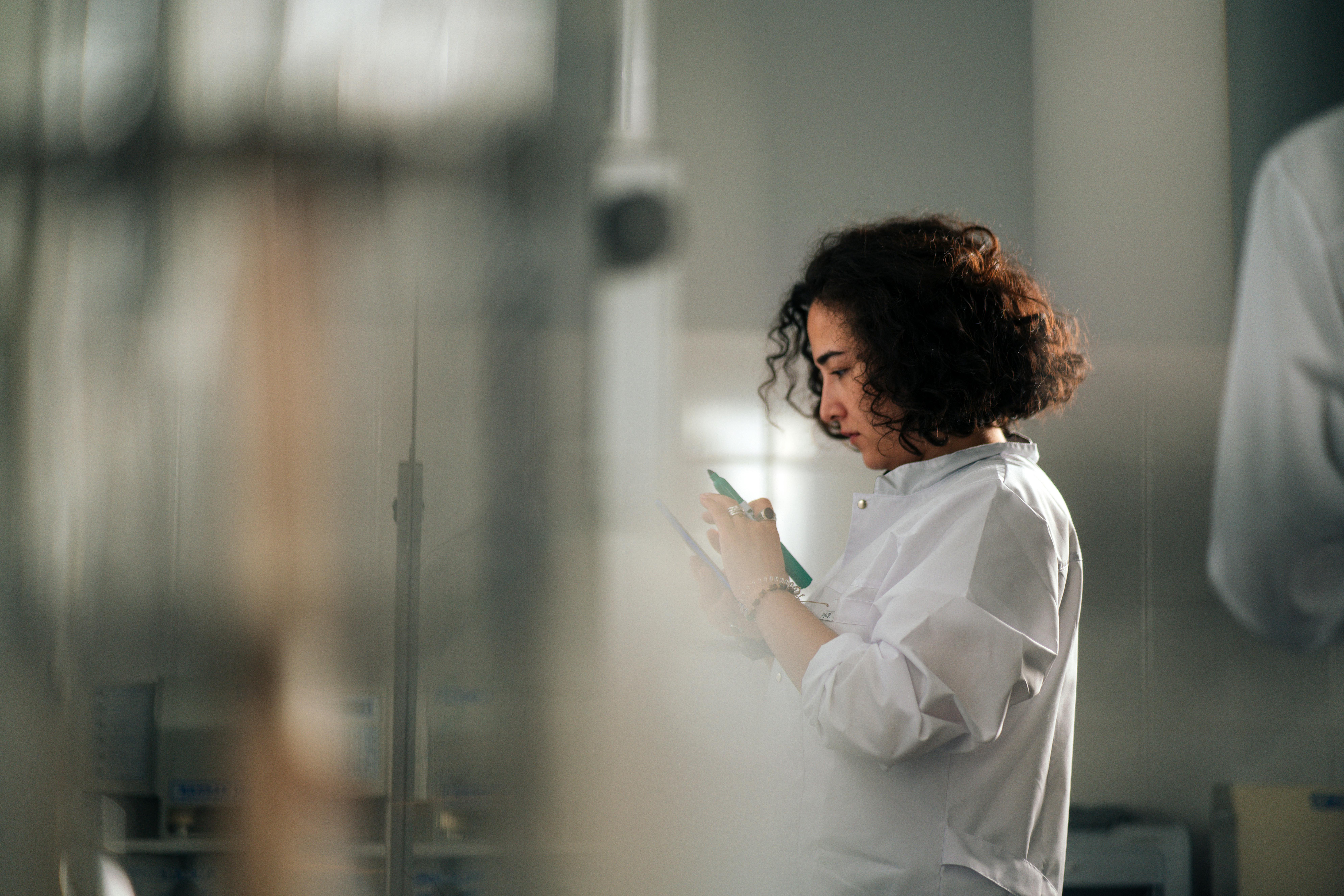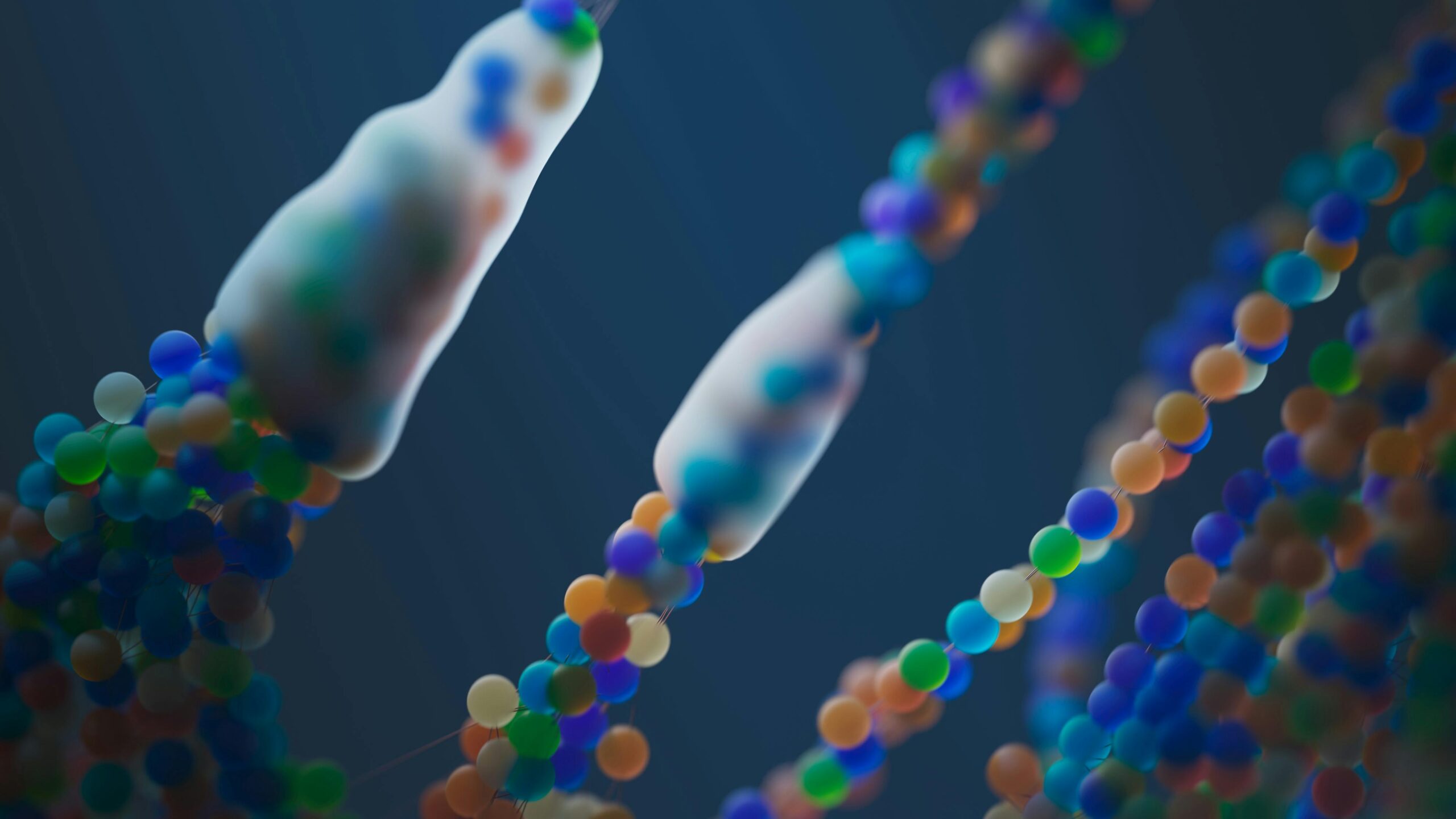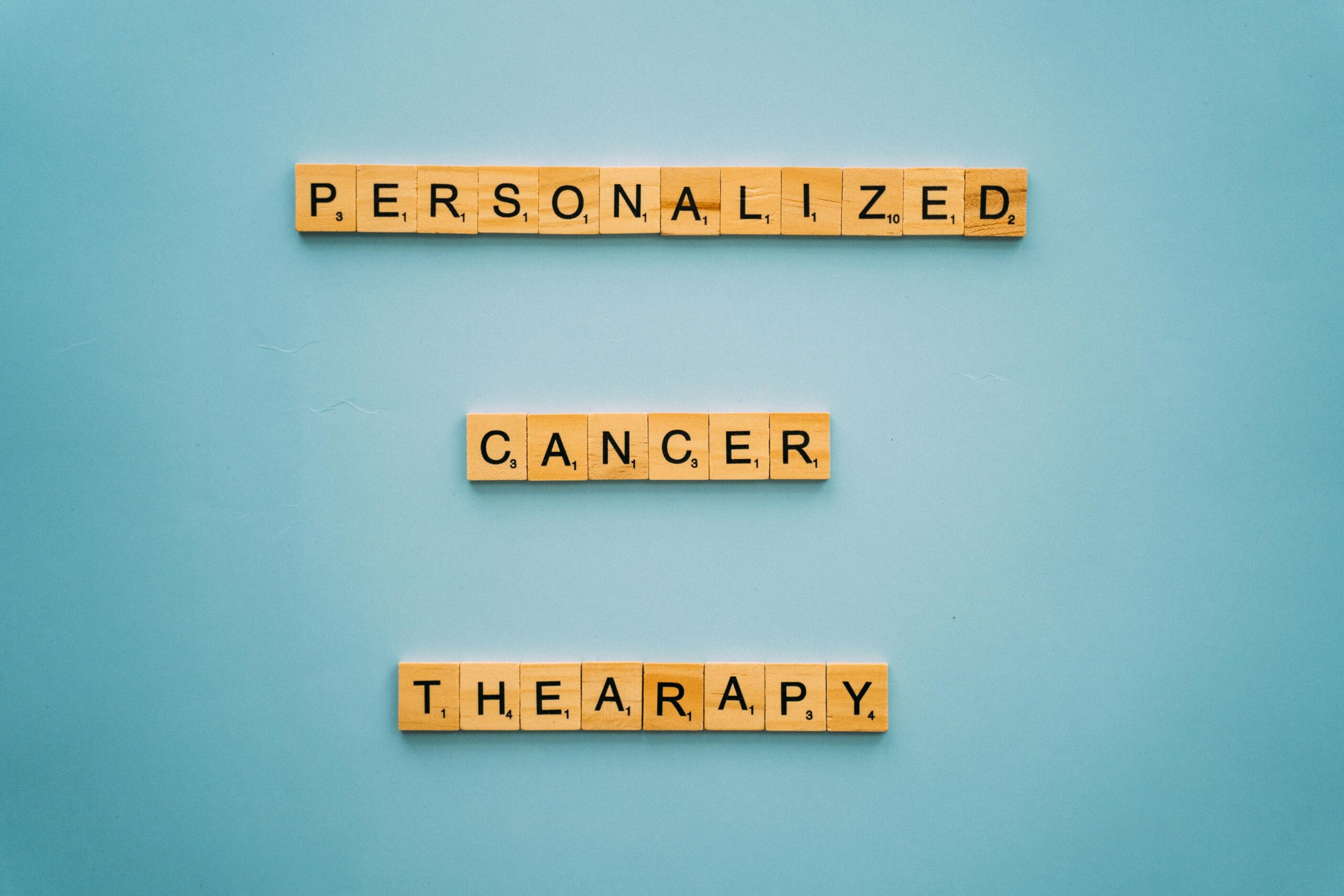Autologous cell therapies represent a groundbreaking shift in healthcare, using your own cells to treat diseases and restore vitality in ways traditional medicine never could.
🔬 Understanding Autologous Cell Therapies: Your Body as the Pharmacy
Imagine a world where your own body becomes the source of the most powerful medicine available. That’s the promise of autologous cell therapies—a revolutionary approach that harvests, processes, and reintroduces your own cells to heal damaged tissues, fight disease, and rejuvenate your health from within.
Unlike conventional treatments that rely on synthetic drugs or donor materials, autologous therapies use cells extracted from your own body. This personalized approach dramatically reduces the risk of rejection, eliminates compatibility concerns, and taps into your body’s innate regenerative capabilities.
The term “autologous” comes from the Greek words “auto” (self) and “logos” (relation), perfectly capturing the essence of this self-derived treatment methodology. These therapies have evolved from experimental procedures to FDA-approved treatments that are transforming outcomes for patients with conditions ranging from cancer to orthopedic injuries.
The Science Behind the Revolution: How Autologous Therapies Work
At the cellular level, autologous therapies operate on a deceptively simple principle: your body already knows how to heal itself—it sometimes just needs the right cells in the right place at the right time.
The process typically involves several critical steps. First, clinicians harvest specific cells from your body, whether stem cells from bone marrow or adipose tissue, immune cells from blood, or specialized cells from other sources. These cells then undergo processing in specialized laboratories where they may be concentrated, activated, or genetically modified to enhance their therapeutic properties.
Once prepared, these optimized cells are reintroduced into your body—either systemically through intravenous infusion or locally through direct injection into damaged tissues. Upon reintroduction, these cells begin their work: signaling repair mechanisms, reducing inflammation, stimulating tissue regeneration, and in some cases, directly attacking diseased cells.
🧬 Types of Autologous Cell Therapies Transforming Medicine
The landscape of autologous treatments has expanded dramatically, offering solutions for conditions once considered untreatable:
- CAR-T Cell Therapy: Genetically engineered immune cells that hunt and destroy cancer cells with remarkable precision
- Platelet-Rich Plasma (PRP): Concentrated platelets from your blood that accelerate healing in joints, tendons, and soft tissues
- Autologous Stem Cell Transplantation: Your own stem cells used to rebuild immune systems after intensive cancer treatments
- Mesenchymal Stem Cell Therapy: Multipotent cells that can differentiate into various tissue types for regenerative purposes
- Autologous Chondrocyte Implantation: Cultured cartilage cells reimplanted to repair joint damage
💪 Real-World Applications: Conditions Being Treated Today
The therapeutic applications of autologous cell therapies continue to expand as research validates their effectiveness across diverse medical conditions.
In oncology, CAR-T cell therapies have achieved remarkable success against certain blood cancers. Patients with acute lymphoblastic leukemia and non-Hodgkin lymphoma who had exhausted all other treatment options are now achieving complete remission rates that were unimaginable just a decade ago.
Orthopedic medicine has embraced PRP and stem cell therapies for treating sports injuries, osteoarthritis, and degenerative joint conditions. Professional athletes regularly use these treatments to accelerate recovery from injuries that would have once ended careers, returning to peak performance in record time.
Cardiovascular researchers are exploring autologous cell therapies to regenerate heart tissue damaged by heart attacks. Early trials show promising improvements in cardiac function when stem cells are injected into damaged heart muscle, offering hope for millions living with heart failure.
🧠 Neurological Frontiers: Hope for the Most Complex Conditions
Perhaps most exciting are the applications in neurological conditions. Researchers are investigating autologous therapies for Parkinson’s disease, multiple sclerosis, stroke recovery, and spinal cord injuries—conditions that have historically resisted effective treatment.
While many neurological applications remain experimental, early results suggest that properly administered autologous cells can reduce inflammation in the nervous system, protect vulnerable neurons, and potentially stimulate neural regeneration in ways previously thought impossible.
The Personalized Medicine Advantage: Why Autologous Beats One-Size-Fits-All
Traditional medicine operates on population averages—treatments designed to work for most people most of the time. Autologous cell therapies flip this paradigm entirely, creating treatments as unique as your genetic fingerprint.
This personalized approach delivers several compelling advantages. Immunological compatibility tops the list—because the cells originate from your own body, rejection risks plummet. There’s no need for immunosuppressive drugs with their troublesome side effects and long-term complications.
The ethical landscape also becomes clearer. Autologous therapies sidestep many controversies surrounding embryonic stem cells or tissue sourcing from other individuals. Your cells, your treatment, your choice—it’s medicine that respects personal autonomy while delivering therapeutic power.
Furthermore, autologous approaches can be precisely tailored to your specific disease characteristics. In CAR-T therapy, for example, your T cells are engineered to target the exact molecular markers present on your cancer cells, creating a bespoke anti-cancer army designed exclusively for your condition.
⚡ The Treatment Journey: What to Expect from Autologous Therapy
Understanding the treatment process helps demystify these advanced therapies and set realistic expectations for outcomes and timelines.
The journey typically begins with comprehensive evaluation. Medical teams assess your condition, review your medical history, and determine whether you’re a suitable candidate. Not everyone qualifies for every therapy—factors like overall health status, disease stage, and previous treatments all influence eligibility.
If approved, the cell harvesting phase begins. Depending on the therapy type, this might involve a simple blood draw, bone marrow aspiration under local anesthesia, or minor surgical procedures to extract adipose tissue. Most harvesting procedures are outpatient processes with minimal discomfort.
The processing period follows, during which your cells undergo laboratory manipulation. This phase can range from hours for simple PRP preparation to several weeks for complex CAR-T cell engineering. During this time, you may continue other treatments or simply wait for your personalized therapy to be ready.
📊 Timeline and Recovery Expectations
| Therapy Type | Processing Time | Initial Recovery | Full Results Timeline |
|---|---|---|---|
| PRP Therapy | Same day | 1-3 days | 4-6 weeks |
| Stem Cell Treatment | 2-6 weeks | 1-2 weeks | 3-6 months |
| CAR-T Cell Therapy | 2-4 weeks | 2-4 weeks | 3-12 months |
| Autologous Transplant | Variable | 4-6 weeks | 6-12 months |
Reinfusion or reimplantation represents the pivotal moment when your processed cells return home. Depending on the therapy, this might be a simple injection, an intravenous infusion, or a surgical implantation procedure. The reintroduction process itself is typically brief and well-tolerated.
🎯 Success Rates and Real Patient Outcomes
Numbers tell a compelling story about the effectiveness of autologous cell therapies across different conditions.
CAR-T therapy for certain leukemias and lymphomas has demonstrated complete remission rates exceeding 80% in some studies—extraordinary results for patients who had failed multiple previous treatment lines. While not all patients maintain long-term remission, these outcomes represent quantum leaps beyond what was achievable with conventional chemotherapy alone.
In orthopedic applications, PRP injections for knee osteoarthritis show significant pain reduction and improved function in approximately 70-80% of patients, with effects lasting six months to over a year. Many patients report reduced need for pain medications and delayed or avoided joint replacement surgeries.
Autologous stem cell transplantation for blood cancers has become standard of care, with five-year survival rates for appropriate candidates now exceeding 50-60% for conditions like multiple myeloma—conditions that were uniformly fatal just decades ago.
It’s crucial to maintain perspective, however. Not all autologous therapies work for all patients, and some applications remain experimental with uncertain long-term outcomes. Ongoing research continues refining patient selection criteria and treatment protocols to maximize success rates.
💰 The Investment in Your Health: Understanding Costs and Access
Autologous cell therapies represent significant financial investments, though costs vary dramatically depending on treatment complexity and geographic location.
Simple PRP treatments for orthopedic conditions might range from $500 to $2,500 per session, often requiring multiple treatments for optimal results. These procedures are frequently not covered by insurance when used for conditions like hair loss or cosmetic applications, though coverage is expanding for certain medical indications.
Advanced therapies command substantially higher prices. CAR-T cell therapy currently costs between $373,000 and $475,000 for the treatment itself, not including hospitalization, management of side effects, and follow-up care. These figures often shock patients, though many manufacturers offer financial assistance programs, and insurance coverage is expanding as therapies gain FDA approval.
Geographic disparities in access remain significant. Cutting-edge autologous therapies are primarily available at major academic medical centers and specialized clinics, creating challenges for patients in rural or underserved areas. Medical tourism has emerged as some patients travel internationally to access treatments at lower costs, though this approach carries its own risks regarding quality standards and follow-up care.
🌟 The Future Unfolding: Next-Generation Autologous Innovations
The trajectory of autologous cell therapy development suggests we’re witnessing only the earliest chapters of this medical revolution.
Researchers are developing “off-the-shelf” autologous approaches where your cells could be harvested, processed, and cryopreserved when you’re young and healthy, then stored for decades until needed. This biobanking approach could provide personalized cellular medicines throughout your lifetime.
Combination therapies represent another frontier. Scientists are exploring how autologous cells can be enhanced with genetic modifications, combined with immunotherapies, or paired with tissue engineering scaffolds to create complex, functional organ structures for regenerative purposes.
Artificial intelligence is accelerating treatment optimization. Machine learning algorithms can now analyze vast datasets to predict which patients will respond best to specific autologous protocols, potentially reducing trial-and-error and improving outcomes while lowering costs.
🚀 Emerging Applications on the Horizon
Several promising applications are advancing through clinical trials, bringing hope for previously untreatable conditions:
- Aging and longevity: Autologous stem cell therapies designed to counter cellular aging processes and extend healthspan
- Diabetes treatment: Reprogrammed autologous cells that produce insulin, potentially eliminating the need for daily injections
- Vision restoration: Autologous cell therapies for macular degeneration and retinal diseases causing blindness
- Autoimmune conditions: Resetting immune systems through autologous transplantation to halt diseases like lupus and severe rheumatoid arthritis
- Cosmetic applications: Autologous fat and stem cell transfers for natural, long-lasting aesthetic enhancements
⚠️ Navigating Risks and Realistic Expectations
Like all medical interventions, autologous cell therapies carry risks that require honest discussion and informed decision-making.
Procedural risks during cell harvesting—though generally minor—can include bleeding, infection, or anesthesia complications. The cell processing phase introduces potential for contamination or processing errors, though stringent quality controls minimize these risks at reputable facilities.
Some autologous therapies can trigger significant side effects. CAR-T therapy, while remarkably effective, can cause cytokine release syndrome—a potentially life-threatening immune reaction requiring intensive management. Neurological side effects have also been observed, necessitating treatment at specialized centers equipped to handle complications.
The “wild west” of unregulated stem cell clinics presents serious concerns. Numerous facilities worldwide offer unproven autologous treatments with exaggerated claims and minimal scientific backing. These operations have caused serious harm, including infections, tumor formation, and loss of vision or other functions. Patients must rigorously verify credentials, insist on evidence-based protocols, and favor facilities operating under regulatory oversight.
🔍 Choosing Your Path: Finding Qualified Providers
Selecting the right facility and medical team for autologous therapy is perhaps the most important decision you’ll make in this journey.
Start by verifying that the facility and its physicians hold appropriate credentials. Board certification in relevant specialties, academic affiliations, and participation in clinical research all indicate serious, evidence-based practice. Facilities conducting FDA-approved trials or offering FDA-approved therapies meet rigorous standards worth seeking.
Transparency separates legitimate providers from questionable ones. Reputable centers clearly discuss success rates, potential complications, costs, and alternatives. They encourage second opinions and provide access to scientific publications supporting their approaches. If a provider guarantees results or discourages questions, consider it a red flag.
Patient testimonials offer valuable insights but require critical evaluation. Seek diverse perspectives, including patients with outcomes similar to what you’re hoping to achieve and those who experienced complications. Online communities and patient advocacy organizations can connect you with individuals who’ve undergone the treatments you’re considering.
🌈 Living Your Best Life: Integrating Autologous Therapy Into Comprehensive Wellness
Autologous cell therapies work best not as isolated interventions but as components of holistic health strategies.
Optimizing your health before treatment enhances outcomes. Good nutrition, appropriate exercise, stress management, and adequate sleep all improve your body’s cellular health and regenerative capacity. Some centers require lifestyle modifications before accepting patients for elective autologous procedures.
Post-treatment lifestyle choices significantly influence long-term results. Patients who maintain healthy habits, adhere to rehabilitation protocols, and attend regular follow-ups consistently achieve better outcomes than those who view the therapy as a magic bullet requiring no personal investment.
Mental and emotional preparation matter too. Realistic expectations, strong support systems, and psychological resilience help patients navigate the uncertainties, setbacks, and waiting periods inherent in these treatment journeys.
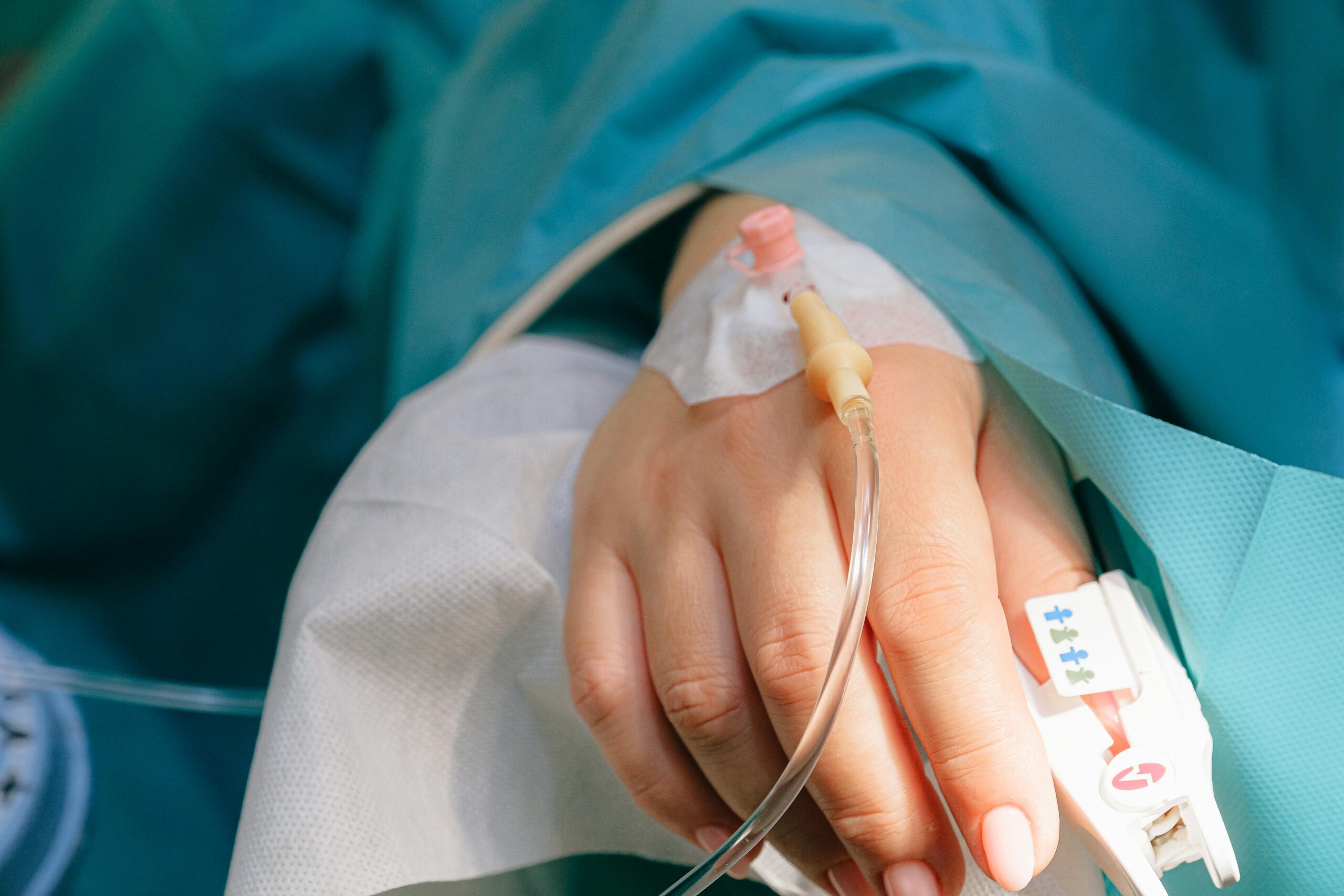
Taking Control of Your Health Destiny
Autologous cell therapies represent more than medical innovation—they embody a fundamental reimagining of the patient-treatment relationship. Rather than passive recipients of standardized interventions, patients become active participants in personalized healing processes powered by their own biology.
This revolution in personalized medicine is accelerating, with new applications, improved protocols, and expanding access transforming what’s possible. Conditions once considered permanent disabilities are becoming manageable. Diseases that meant certain death now offer hope for cure. The aging process itself may eventually become modifiable through cellular interventions.
Yet the path forward requires informed, engaged patients who understand both the remarkable potential and current limitations of these therapies. Education, careful provider selection, realistic expectations, and integration with comprehensive health strategies maximize the likelihood of successful outcomes.
The future of medicine is personal, precise, and powered by the extraordinary healing capabilities already present within your own cells. By understanding autologous cell therapies and their appropriate applications, you position yourself to take advantage of these revolutionary treatments when the time is right—transforming not just your health, but your entire approach to wellness and longevity in the decades ahead. Your body holds remarkable healing power; autologous therapies are simply helping you unlock it.
Toni Santos is a longevity writer and regenerative medicine researcher dedicated to exploring how biology, technology, and ethics can extend healthspan. With a focus on cellular repair and anti-aging biotechnology, Toni examines how next-generation therapies translate lab breakthroughs into real-world vitality. Fascinated by stem cell science, telomere dynamics, and systems biology, Toni’s journey bridges research reviews, expert interviews, and clear public communication. Each article he shares aims to separate evidence from hype—helping readers understand what’s promising, what’s premature, and what truly supports long-term health. Blending molecular biology, clinical insight, and accessible storytelling, Toni investigates interventions that target the root drivers of aging. His work honors responsible innovation—prioritizing safety, transparency, and human wellbeing in the pursuit of extended healthspan. His work is a tribute to: Anti-aging biotechnology grounded in rigorous evidence Cellular rejuvenation pathways that restore function and resilience Stem cell and telomere research advancing ethical longevity care Whether you’re a clinician, researcher, or health enthusiast, Toni Santos invites you to explore the frontiers of regeneration—one discovery, one mechanism, one healthier year at a time.
